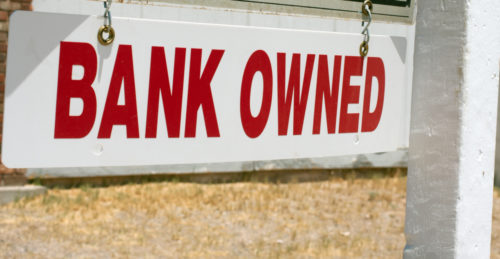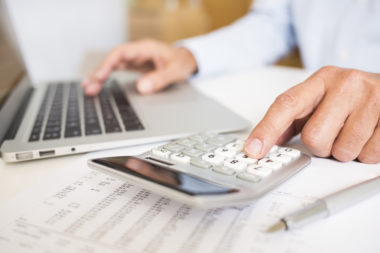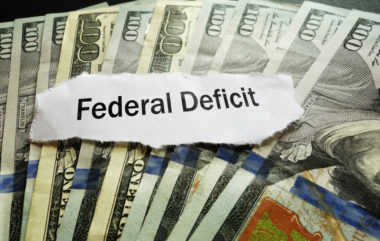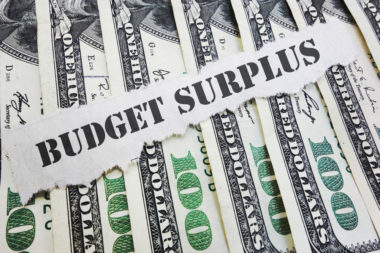You’re planning for the future, you own a few pieces of property, such as a car and possibly a home. You’re calculating those investments into your total assets in order to leverage more savings or bigger investments down the road. However, can you count all of your investments as true assets? Is there the potential for an investment to turn into a liability? When can you feel secure enough to call an asset really yours? In order to make responsible decisions about your assets, you should understand the different types of loans and what could happen in that “worst case scenario” situation. In addition, you need to know how to create your own monthly and yearly balance sheet in order to assess risk for your current assets and future investments.
How Can Debt Affect My Investments?
Unpaid Debts Can Lead to Liens
If you already have outstanding debt, you need to be aware of the fact that unpaid debts can affect other assets that you’ve accumulated. For example, if you have an unpaid credit card, unpaid taxes, or some other loan that has been sent to collections, the collection agency will do anything that they can in order to collect the funds owed to them. This usually comes in the form of a lien, which is essentially a hold on your property until full payment can be collected.
It may be a situation where you didn’t intend to let the payments go for so long, but all of us are busy people and things get unintentionally pushed to the side from time to time. Well, no matter the case, collectors may work to put a hold on your other assets in order to collect what is due to them. This could mean a lien on your car, home, or other property in order to ensure that they receive their payment.
You will most likely be notified in some way about the lien. It’s the job of the collector to let you know that they’re putting a lien on your property in order to collect their funds. However, occasionally (due to a missed email or a wrong address, etc.) individuals can have liens put on their property without their knowledge. This means that if you want to sell that property anytime soon, you’re going to have to pay back the collector first.
Secured Loans: Pros & Cons
Unsecured loans are traditional loans that only require good credit in order to be approved for the total. A good example of this would be a credit card. Secured loans are loans that have property attached to them in order to guarantee that the loan is paid back. Mortgages and car loans are two good examples of secured loans. If for some reason you’re unable to pay the loan back, the bank or lender will simply place a lien on your property and eventually will seize it in order to pay for the loan.
Now, I should be clear that there is no better loan, unsecured and secured loans are both simply a type of loan. Neither one is viewed as superior to the other. In the eyes of credit bureaus and lenders, as long as you pay back what you borrow, you will have a solid history of repayment and thus a good reputation when you go to apply for another loan.
You should also be aware that if your property is seized and resold, you could still be responsible for any remaining balance due on the loan. It’s common for an initial loan contract to be upheld, which means if your loan is worth $10,000 and it only sells for $6,000, you’ll be held accountable for the remaining $4,000 (which may also be subject to additional fees and taxes).
In these instances, you can see how having a lien or seizure on your property means that your asset, and long term investment that you worked so hard for, has been turned from an asset into a liability — that is, until you have gained back the right financial situation to take care of the remaining balance from the collection agency. Chances are that in the end, you’ll come out the other side having paid much more than you anticipated for the loan with no true assets to speak of, which begs the question, “were these assets really mine in the first place?”
How Do I Examine My True Assets?
The answer I would give to that question would still have to be, “Yes, these assets are yours.” Part of being a smart investor and knowing your financial health means that you take risks while understanding the consequences if you don’t hold up your side of the bargain.
The Importance of a Balance Sheet
This is why it is so incredibly important to keep records of your income, investments, debts, and savings. Think of it as a balance sheet that keeps track of all of your monthly and yearly finances. You should be able to mark down your income, payments made to strict debt (like credit cards), payments made to investments (like cars and homes), and contributions to savings and retirements funds. In the end, this balance sheet will give you insight into your true financial portfolio.
This way, you’ll be able to see where you’re spending too much, which debts are hogging up too much of your income, and where you can afford to save a little bit more. A monthly or yearly look into your financial balance sheet will offer you incredible insight about your plans for the future as well. You can track the progress you’ve made over time, and you’ll be able to make projections about future investments in the future.
Weighing Out Future Investments
In relation to the secured and unsecured loans we talked about earlier, when you’re calculating your total assets, secured loans should be considered differently than other loans. For example, let’s say you’ve already chosen to invest in two secured loans (a car and a home) and you’re thinking about bringing on a third. You can take a look at your balance sheet and see where you might be able to make it work.
On the other hand, you might decide that investing in two secured loans is enough for now, because adding a third to your balance sheet would show you that you could completely jeopardize the assets that you currently have in order to try and stretch for another one. If you stretch yourself too thin, you could be risking a lien or seizure of all of your property, which means you’ve lost a large portion of assets you had to use as leverage for the future.
Breaking down your current assets and really getting to know your financial situation via a balance sheet is the absolute best way to inspire confidence in your investments. No matter what your financial state looks like right now, you can always make changes in order to benefit what your payouts will look like down the road. Take this understanding and use your balance sheet to make educated choices about loans in the future. This way, you can avoid nasty situations like liens and seizures against the assets that should truly be yours.
Image Source: https://depositphotos.com/





